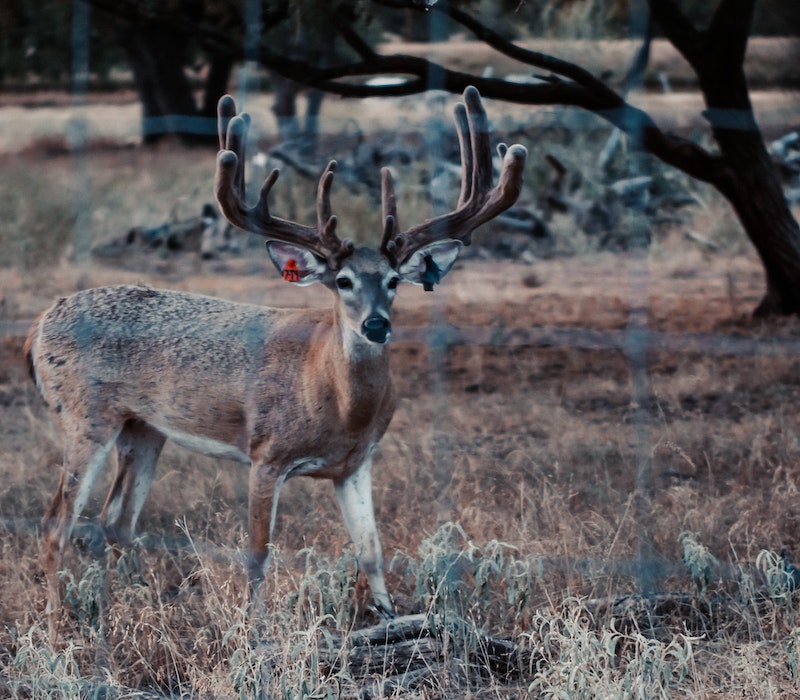Barrenwort (Epimedium), is an indispensable, tough, attractive woodland groundcover perennial grown in USDA zones 4 - 8. Barrenwort is rarely bothered by browsing animals including both deer and rabbits and is considered one of the most deer-resistant plants available. However, no plant is ever 100% deer resistant if they are hungry enough and food sources are scarce.

Deer populations are prevalent in most states, so the best and most economical way to prevent animals from feasting in our gardens is by selecting plants they typically don’t enjoy munching on. The good news is Barrenwort is one of those wonderful garden plants that deer tend to ignore.
According to Rutgers University, this plant is Rarely Damaged on their rating scale from “Rarely Damaged” to “Frequently Severely Damaged”.
| Rarely Damaged |
| Seldom Severely Damaged |
| Occasionally Severely Damaged |
| Frequently Severely Damaged |
Keeping Deer Away From Barrenwort
Deer usually ignore Barrenwort in favor of tastier plants. If on the off chance you notice your Barrenwort is being nibbled on by browsing animals, there are a few easy steps to take to ensure your plant is protected. Deer have a highly developed sense of smell, so one of the best natural deterrents is planting aromatic herbs nearby to keep deer away. You can apply a commercially available spray deterrent and routinely switch them up throughout the growing season.
Having a layered approach with a variety of techniques will keep deer guessing and hopefully at bay. There are a variety of homemade DIY critter deterrents consisting of sharp or pungent smells such as deodorant soap, garlic, hot pepper, and rotten eggs that deer find unpalatable. Switching up your repellant source throughout the growing season and reapplying a repellant after it rains or as the plant grows is key to success.
Will Barrenwort Come Back After Deer Eat Them?
In the rare circumstance that your Barrenwort plant is nibbled on, being a perennial, it will grow back. If the foliage is half eaten during the growing season, snip off the entire stem to allow new growth to push through.
Sources: Rutgers New Jersey Agricultural Experiment Station ‘Landscape Plants Rated by Deer Resistance’ 2018
 |
Author Chris Link - Published 01-12-2023 |
